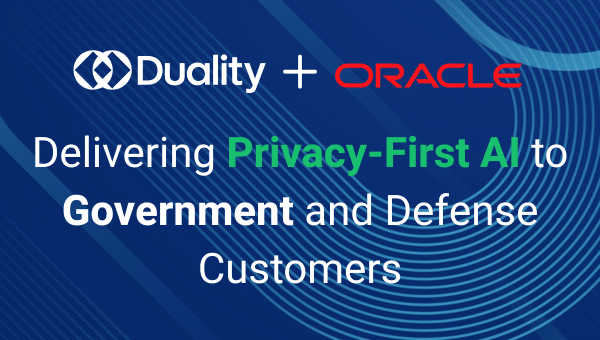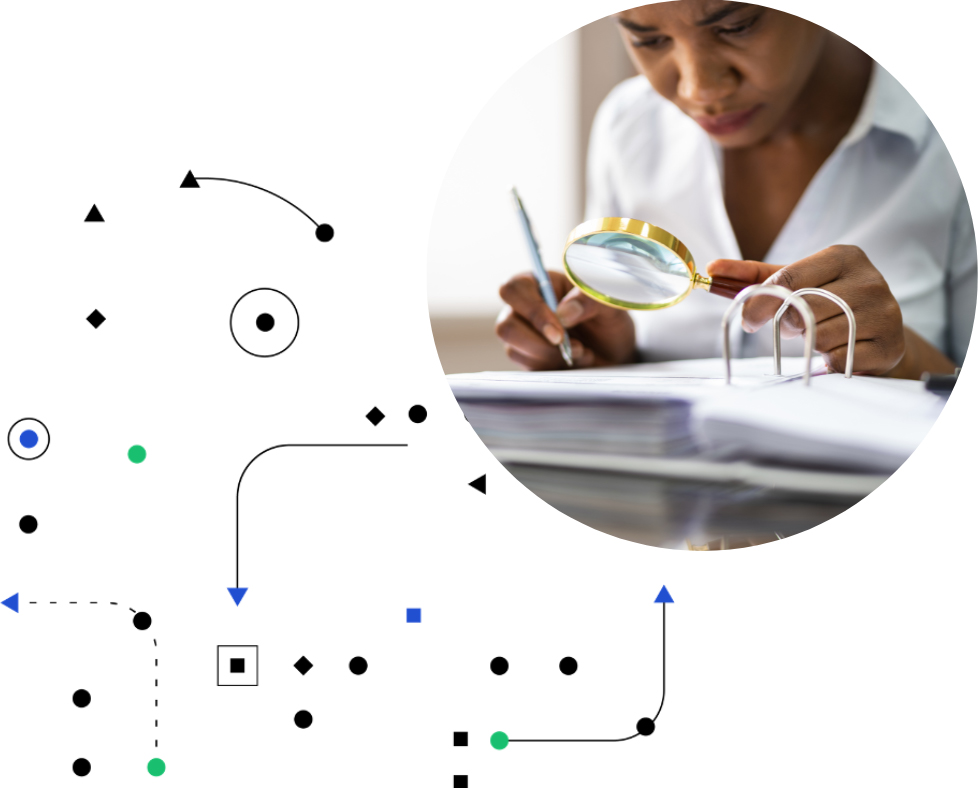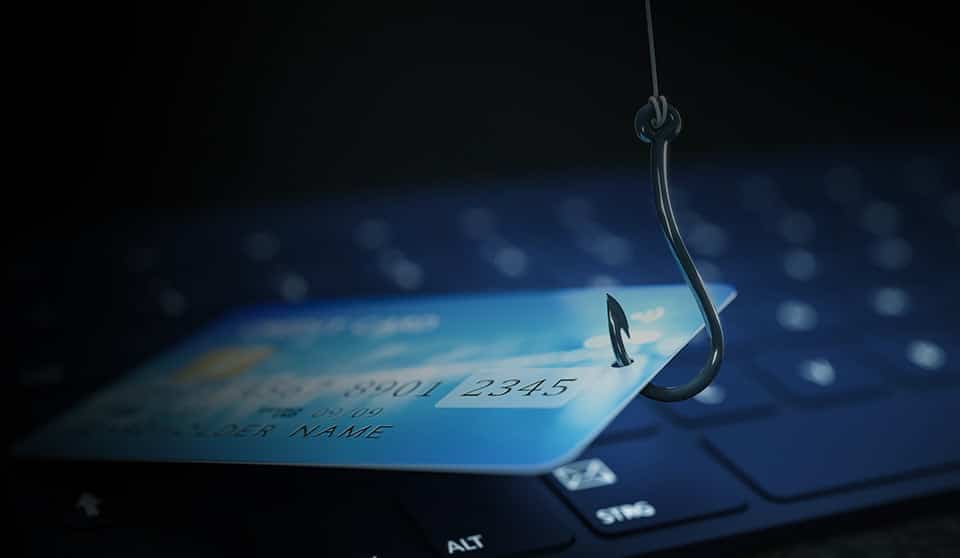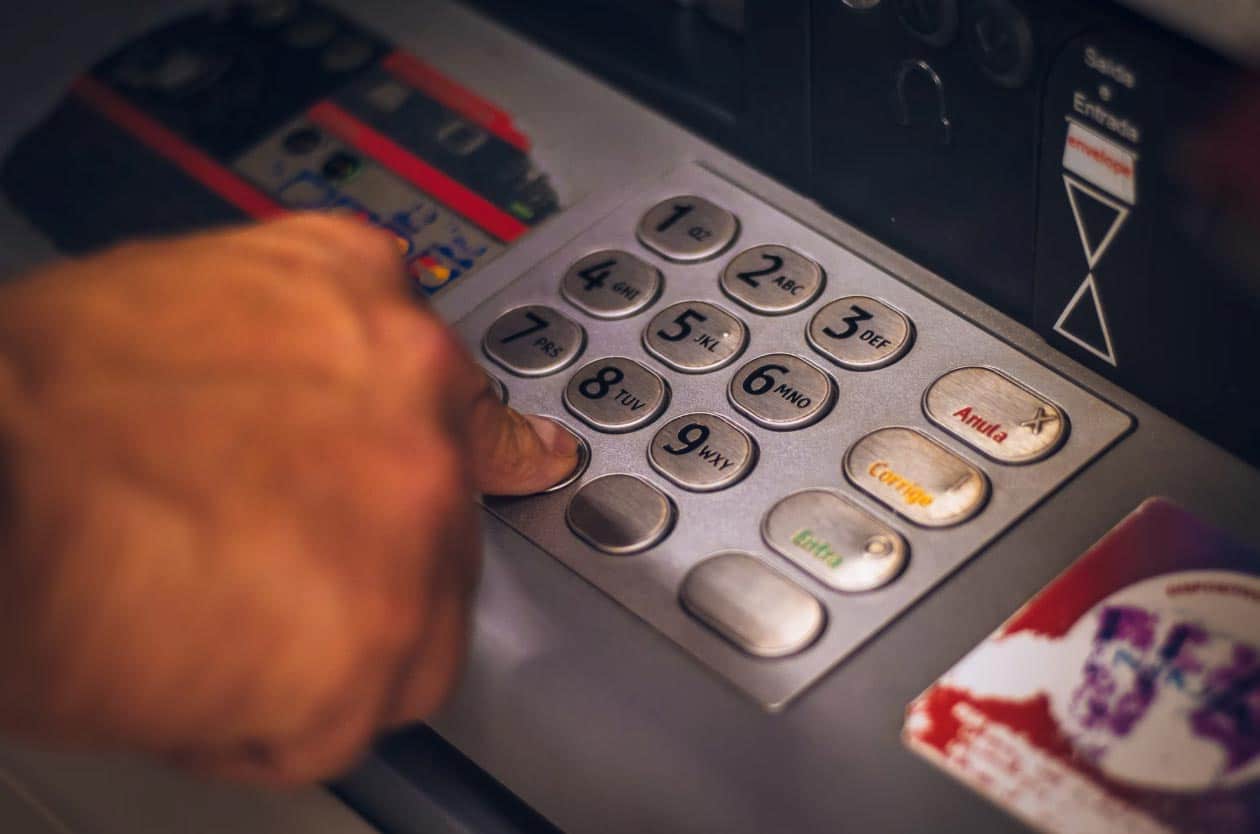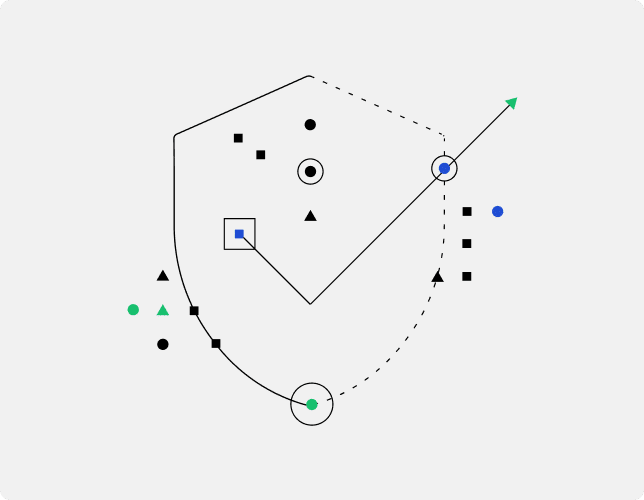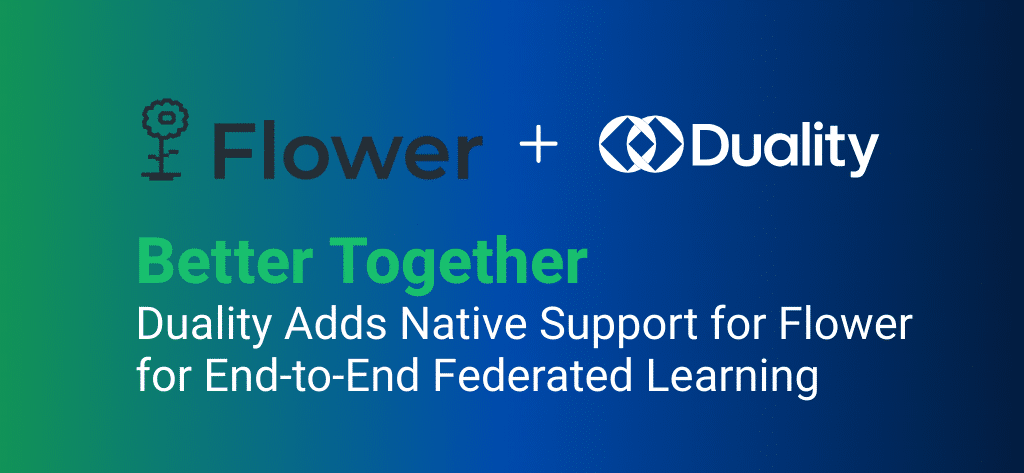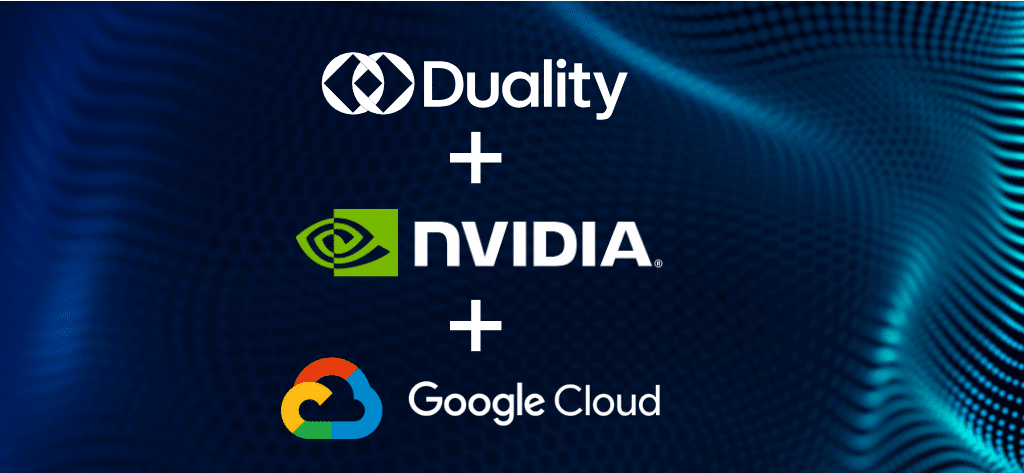- Platform
- Solutions
-
Government
-
Government Overview
Institute privacy preserving data collaborations
Learn More - Zero Footprint Investigations & Intelligence
- Cross Domain Zero Footprint Investigations & Intelligence
- Cross Departments Analytics
- AI for Strategic & Tactical Defense
- Unlock Military Health Insights
- Secure Semantic Search
- Border Threat Detection
-
-
Healthcare
-
Financial Institutions
-
Marketing
-
Data Service Providers
-
Manufacturing
-
Insurance
-
- Partners
- Resources
- Company


